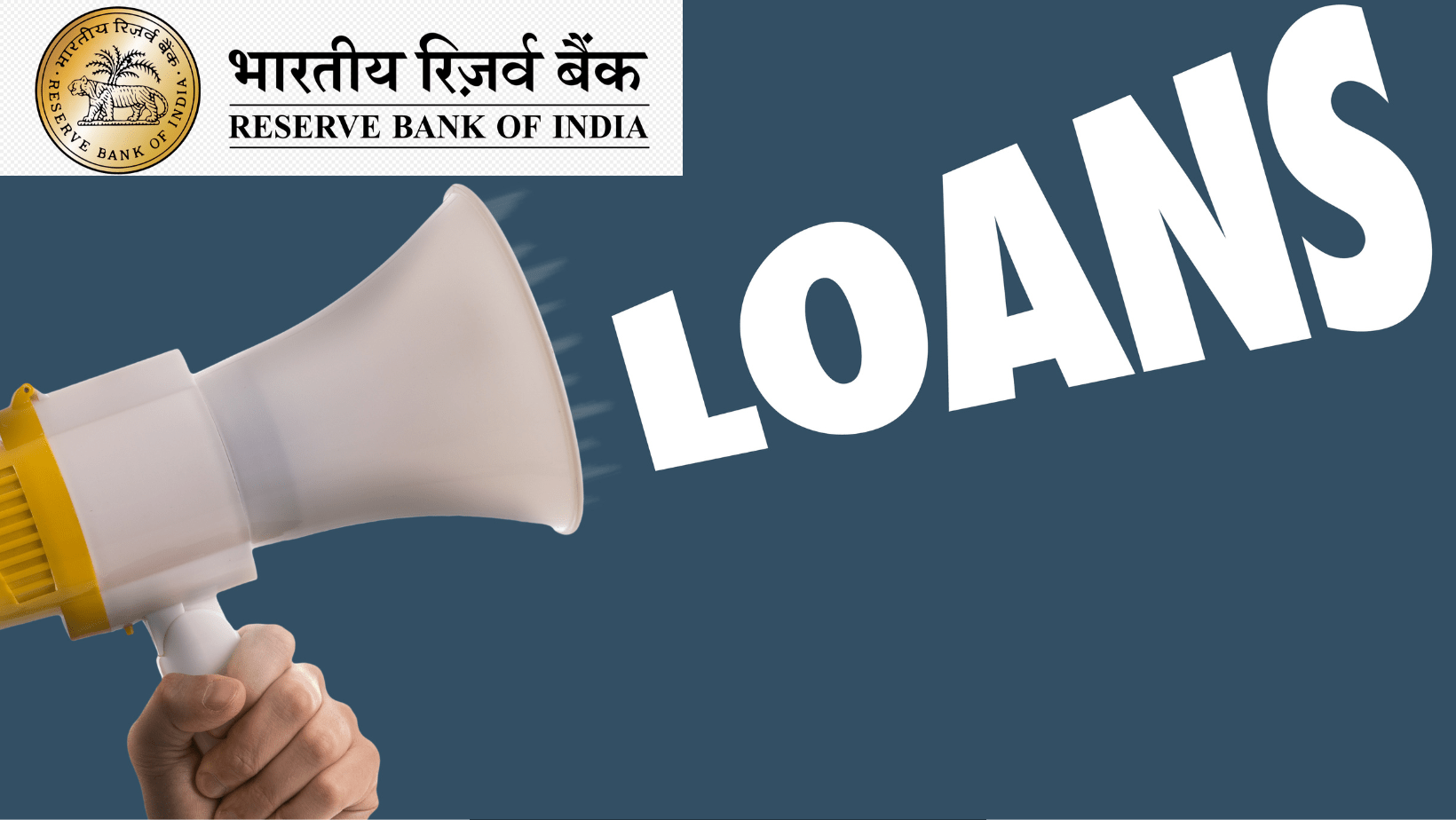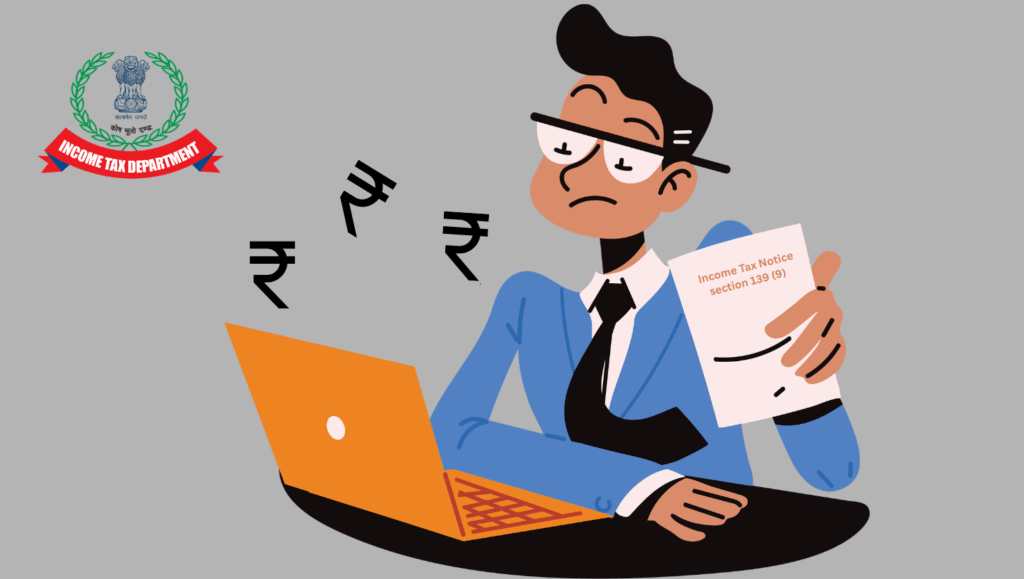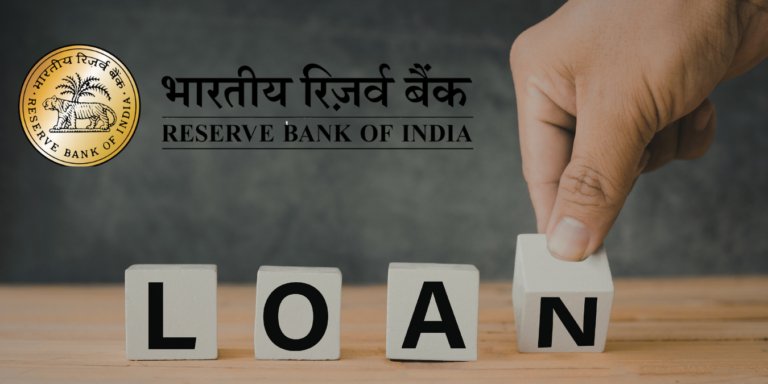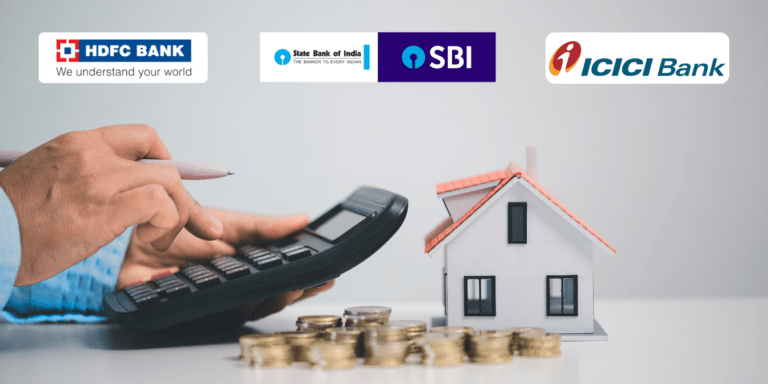
” How the RBI’s proposal to scrap foreclosure charges on loans benefits borrowers and MSMEs. Learn about reduced financial burdens, improved cash flow, and enhanced creditworthiness. Explore the impact on India’s financial landscape and why this move is a game-changer for financial inclusion and economic growth. “
In a landmark move that could significantly impact the financial landscape of India, the Reserve Bank of India (RBI) has proposed scrapping foreclosure charges on loans for borrowers and Micro, Small, and Medium Enterprises (MSMEs). This proposal, if implemented, could be a game-changer for millions of borrowers and small businesses, offering them greater financial flexibility and reducing the burden of debt. In this blog post, we will delve into the details of this proposal, its potential impact on borrowers and MSMEs, and why it is a crucial step towards financial inclusion and economic growth.
Understanding Foreclosure Charges: What Are They and Why Do They Matter?
Foreclosure charges, also known as prepayment penalties, are fees levied by banks and financial institutions when a borrower decides to repay a loan before its scheduled maturity date. These charges are typically imposed to compensate lenders for the loss of interest income that they would have earned had the loan been repaid over its full term.
For borrowers, foreclosure charges can be a significant financial burden, especially when they are trying to reduce their debt or take advantage of lower interest rates in the market. For MSMEs, which often operate on thin margins and face cash flow challenges, these charges can be particularly onerous, making it difficult for them to manage their finances effectively.
Certainly! Here are some relevant statistics and data points to include in your blog post about the RBI’s proposal to scrap foreclosure charges on loans for borrowers and MSMEs:
Key Statistics and Data Points
- Current Foreclosure Charges: Foreclosure charges for MSMEs typically range between 2% to 5% of the pre-payment amount, excluding taxes. This can significantly impact the financial burden on small businesses.
- Impact on MSMEs: According to the Federation of Indian Micro and Small & Medium Enterprises (FISME), many small enterprises have faced substantial foreclosure charges. For instance, in one case, a small enterprise was asked to pay ₹14 lakh in foreclosure charges and ₹54 lakh in non-compliance charges for a credit arrangement of ₹3.5 crore[.
- MSME Sector Contribution: The MSME sector is a crucial part of the Indian economy, contributing approximately 30% to India’s GDP and employing over 110 million people. The proposed policy change is expected to provide significant relief to this sector.
- Loan Prepayment Trends: A study by ICRA revealed that micro and small enterprises typically take unsecured business loans, which are often on a fixed rate, and loans against property, which are on a floating rate. The ability to prepay these loans without penalties will likely increase loan prepayments and balance transfers.
- Financial Inclusion: The RBI’s proposal is part of a broader effort to promote financial inclusion and responsible lending practices. By eliminating foreclosure charges, the RBI aims to create a more transparent and borrower-friendly financial environment.
- Industry Reaction: The proposal has been positively received by industry bodies such as FISME, which has been advocating for the removal of foreclosure charges for MSMEs. They believe this move will enhance financial flexibility and support the growth of small businesses.
The RBI’s Proposal: A Step Towards Financial Inclusion
The RBI’s proposal to scrap foreclosure charges on loans is part of a broader effort to promote financial inclusion and ease the financial burden on borrowers and MSMEs. The central bank has recognized that foreclosure charges can act as a deterrent to borrowers who wish to repay their loans early, thereby limiting their financial flexibility.
By eliminating these charges, the RBI aims to empower borrowers and MSMEs to take control of their finances, reduce their debt burden, and improve their creditworthiness. This, in turn, could lead to increased borrowing and investment, driving economic growth and creating new opportunities for businesses and individuals alike.
Key Highlights of the RBI’s Proposal
- Elimination of Foreclosure Charges: The RBI has proposed that banks and financial institutions should not levy any foreclosure charges or prepayment penalties on floating rate loans for individual borrowers and MSMEs.
- Applicability to Floating Rate Loans: The proposal applies specifically to floating rate loans, where the interest rate is linked to an external benchmark, such as the RBI’s repo rate. Fixed-rate loans, where the interest rate remains constant throughout the loan tenure, are not covered under this proposal.
- Encouraging Early Repayment: The RBI’s move is aimed at encouraging borrowers to repay their loans early, thereby reducing their overall interest burden and improving their financial health.
- Promoting Financial Literacy: The RBI has also emphasized the importance of financial literacy, urging banks and financial institutions to educate borrowers about the benefits of early loan repayment and the implications of foreclosure charges.
The Potential Impact on Borrowers and MSMEs
The RBI’s proposal to scrap foreclosure charges could have far-reaching implications for borrowers and MSMEs, offering them greater financial flexibility and reducing the cost of borrowing. Let’s take a closer look at the potential impact of this proposal:
1. Reduced Financial Burden for Borrowers
For individual borrowers, the elimination of foreclosure charges could mean significant savings, especially if they are looking to refinance their loans at lower interest rates. Without the fear of incurring additional charges, borrowers can take advantage of favorable market conditions to reduce their interest burden and pay off their loans faster.
2. Improved Cash Flow for MSMEs
MSMEs, which often face cash flow challenges, could benefit immensely from the RBI’s proposal. By allowing them to repay their loans early without incurring additional charges, the proposal could help MSMEs manage their finances more effectively, freeing up capital for investment and growth.
3. Enhanced Creditworthiness
Early loan repayment can improve a borrower’s credit score, making it easier for them to access credit in the future. For MSMEs, a better credit score could translate into lower interest rates and more favorable loan terms, further reducing their cost of borrowing.
4. Increased Borrowing and Investment
With the removal of foreclosure charges, borrowers and MSMEs may be more inclined to take out loans, knowing that they have the flexibility to repay them early without incurring additional costs. This could lead to increased borrowing and investment, driving economic growth and creating new opportunities for businesses and individuals.
5. Promoting Financial Inclusion
The RBI’s proposal is a significant step towards promoting financial inclusion, particularly for MSMEs, which are often underserved by traditional financial institutions. By reducing the cost of borrowing and improving access to credit, the proposal could help MSMEs grow and thrive, contributing to the overall economic development of the country.
The Broader Implications for the Financial Sector
While the RBI’s proposal is primarily aimed at benefiting borrowers and MSMEs, it could also have broader implications for the financial sector as a whole. Here are some of the potential impacts:
1. Increased Competition Among Lenders
With the elimination of foreclosure charges, lenders may face increased competition, as borrowers are more likely to shop around for the best interest rates and loan terms. This could lead to more competitive pricing and better service from financial institutions.
2. Shift Towards Floating Rate Loans
The RBI’s proposal applies specifically to floating rate loans, which could lead to a shift in borrower preference towards these types of loans. Lenders may need to adjust their product offerings and pricing strategies to cater to this changing demand.
3. Impact on Lender Profitability
Foreclosure charges are a source of revenue for banks and financial institutions, and their elimination could impact lender profitability, particularly in the short term. However, the potential increase in borrowing and investment could offset this impact over time.
4. Need for Greater Financial Literacy
The RBI’s emphasis on financial literacy highlights the need for greater awareness and education among borrowers about the benefits of early loan repayment and the implications of foreclosure charges. Financial institutions may need to invest in educational initiatives to help borrowers make informed decisions.
Challenges and Considerations
While the RBI’s proposal to scrap foreclosure charges is a positive step, there are several challenges and considerations that need to be addressed:
1. Implementation and Compliance
The success of the RBI’s proposal will depend on its effective implementation and compliance by banks and financial institutions. Regulators will need to monitor and enforce the new rules to ensure that borrowers and MSMEs benefit as intended.
2. Impact on Fixed-Rate Loans
The proposal applies only to floating rate loans, leaving fixed-rate loans unaffected. Borrowers with fixed-rate loans may still face foreclosure charges, which could limit the overall impact of the proposal.
3. Potential for Increased Risk
The elimination of foreclosure charges could lead to increased risk for lenders, as borrowers may be more likely to refinance their loans in response to changing market conditions. Lenders will need to manage this risk effectively to maintain their financial stability.
4. Need for Borrower Education
The success of the RBI’s proposal will also depend on the ability of borrowers to understand and take advantage of the new rules. Financial institutions will need to invest in educational initiatives to help borrowers make informed decisions about their loans.
A Step Towards Financial Freedom
The RBI’s proposal to scrap foreclosure charges on loans for borrowers and MSMEs is a significant step towards promoting financial inclusion and reducing the burden of debt. By eliminating these charges, the central bank is empowering borrowers and small businesses to take control of their finances, reduce their interest burden, and improve their creditworthiness.
While there are challenges and considerations that need to be addressed, the potential benefits of this proposal are clear. It could lead to increased borrowing and investment, driving economic growth and creating new opportunities for businesses and individuals alike.
As the financial landscape of India continues to evolve, the RBI’s proposal is a reminder of the importance of flexibility, transparency, and financial literacy in promoting economic development and financial freedom. By taking steps to reduce the cost of borrowing and improve access to credit, the RBI is helping to create a more inclusive and resilient financial system that benefits all.
-
From HUL Demerger to Magnum Control: Decoding the 26% Stake Deal’s Impact on Everyday Indian Ice Cream Lovers
Magnum Ice Cream’s shocking 26% stake grab in Kwality Walls post-HUL demerger—could this spell doom for Amul or
-
Gold and silver rates today: Latest Rates in all Major Cities February 17, 2026
Gold and silver rates in India on February 17, 2026, show a continued dip amid global uncertainties, making
-
Indian Stock Market Trends: Sensex Rebounds, Nifty Eyes 26,000 – What’s Next for February 17, 2026?
Sensex rockets 650 pts to 83,277 as Nifty nears 26K—but is Bank Nifty’s record-breaking surge a trap? Unpack
































